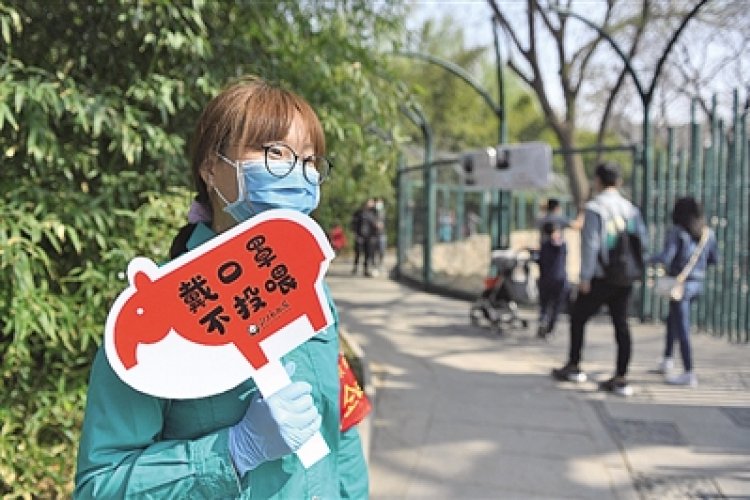Trending in Beijing: TCM for Virus Treatment, Sexual Assault at Guomao, and a Stressed Tiger
The fun, the strange, and the what-on-earth-is-this? Trending in Beijing is a wrap-up of top stories in Beijing as told by the trending hashtags, local press, and general power of the internet.
Traditional Chinese medicine officially recognized as COVID-19 treatment
Previously in Trending in Beijing, we reported that the World Health Organization removed language from their COVID-19 FAQ stating that herbal medicine was not an effective treatment for the disease. When pressed, the organization responded that some herbal remedies might provide relief for some of the disease’s milder symptoms.
Later, Chinese students studying abroad received 'health kits' from the government, containing masks and a small amount of Chinese medicine that could be taken if they were exhibiting symptoms such as fever, cough, or fatigue.
Now, netizens are using the hashtag 'How Chinese medicine can help fight against the novel coronavirus' #中医药是如何对抗新冠肺炎的# are discussing the latest development: three traditional Chinese medicines have been officially approved for COVID-19 treatment. The medicines, which include granules to be mixed with hot water, pills, and injections, have already been used to treat the symptoms of over 70,000 patients, and researchers say that the results are clear: the medicines can effectively relieve the disease’s symptoms such as fever and inflammation.

With regard to the development, one user mused: "There were 321 large-scale epidemics in Chinese history from the Western Han dynasty to the Qing dynasty. Yet, China has never had anything as big as the Spanish flu or the black death... I think there are two reasons for this. One is the safeguard of Chinese medicine, and the other is that the Chinese love to drink hot water." They might be interested to know that the Black Death actually originated in China and that along with war, famine, and natural disasters at the time, is thought to have contributed to killing approximately half of China's 120 million citizens.
Molester caught at Guomao Station
Last Monday, at B entrance of Guomao subway station, a 28-year-old male suddenly and forcibly grabbed a young woman. Fortunately, bystanders quickly came to the victim’s aid, freeing her from the assault. The man was arrested shortly thereafter.

News of the attack quickly spread under the hashtag 'Beijing police report man who forcibly hugged a woman at China World Trade Center' #北京警方通报国贸男子强搂女子#. One fearful commenter stressed, "Things like this are always happening in the CBD! What can be done about such a distant place?"
Meanwhile, others were concerned about the way the attack was reported by the Chaoyang police, who used the term "强行搂抱, qiángxíng lǒubào, which roughly translates to 'forcible embrace or hug.' "Forcibly embraced her? How can you downplay it like that?” wrote one user in disbelief. "Whatever happened to courageous people?"
Beijing Zoo tiger caught on camera walking in circles
While Netflix’s Tiger King may not have caught on with Chinese audiences, Weibo users showed that they are nonetheless concerned for the wellbeing of big cats in captivity. A video of white Bengal tiger pacing in circles at the Beijing Zoo recently went viral, with some supposing that the tiger was depressed.
In response, a reporter from Beijing Youth Daily contacted the zoo and was told that the tiger had already been placed in something called 'enrichment training' to improve its behavior. Zoo representatives then provided video of the tiger playing joyfully, seemingly having overcome its stint of depression, and the videos were shared using the hashtag 'Beijing Zoo responds to White Tiger walking around' #北京动物园回应白虎转圈遛弯#.
However, not everyone was satisfied with the response. Some complained that the zoo never gave a direct update on the health of the tiger, but most commenters had already moved past that, wondering whether zoos should exist at all.
"I also think that zoos should be gradually phased out of existence," wrote one user. "It is enough to set up conservation and safari zones within their natural habitat, where people can go to see the animals. In particular, zoos that are basically circus shows, like dolphin shows, should really be banned."
READ: Cats Hit With Darts, Tracking Predators Gets Smart, and When Will Masks Depart?
Images: Youku, CGTN, Weibo







